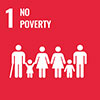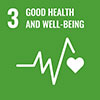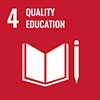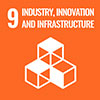Economists in the mirror
In the last twenty-five years – from 1996 to 2021 – a series of actions have marked the evolution of the economy: from transformations linked to new information and communication technologies to the Covid-19 pandemic, among other things, through to the financial and economic crisis of the second half of the first decade of the 21st century. In this article, we look at the impact of events in the last twenty-five years on economics teaching, whether this is evolving alongside the economic reality or not, what has given rise to a mismatch between economics and the social and economic reality. To analyze this, in the first section, we will tackle the social mission of the “economist” in the sense of being teachers of highly diverse collectives, and in the second section, we will reflect on the evolution of economics teaching at University. The analysis leads us to conclude that, although economics teaching has varied over time, it has not undergone substantial change in recent decades. The lack of diversity of thinking in economics curricula joins forces with a lack of diversity among prominent thinkers and professionals to often translate into an incomplete view explaining the complex economic reality and an interaction with other disciplines, particularly social sciences.
ODS





 Carolina Hintzmann
Carolina HintzmannProfessor in Economic and Business Studies (UOC). Doctorate in Economics from the University of Barcelona and a degree in Economic and Business Studies from the same university. Head of the Economy degree of Economic and Business Studies at the UOC and coordinator of international mobility of said studies. Her areas of specialization are in the field of macroeconomy, economic growth and work productivity. Member of the research group Finance, Management & Macroeconomics (FM2).
 Albert Puig Gómez
Albert Puig Gómez


